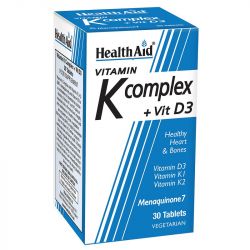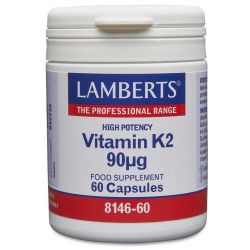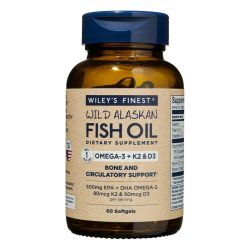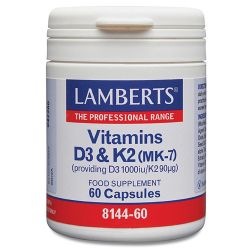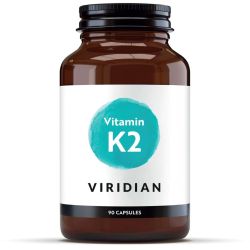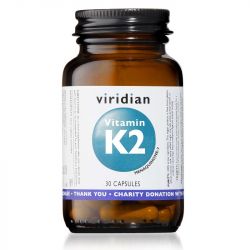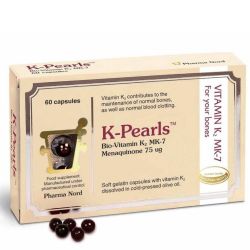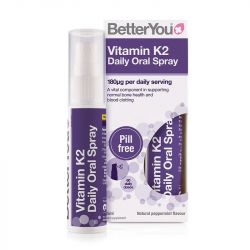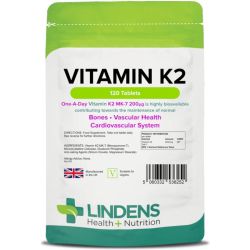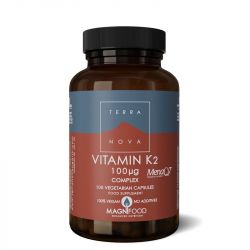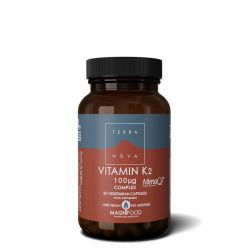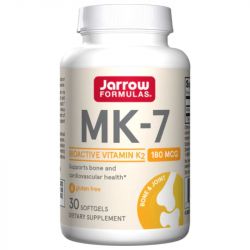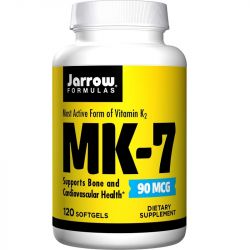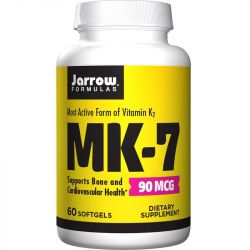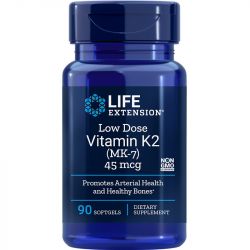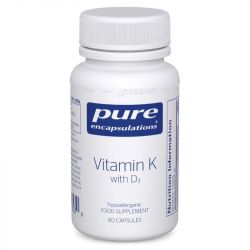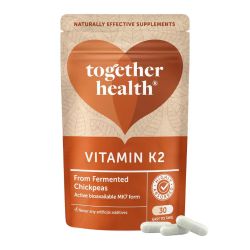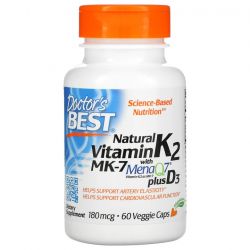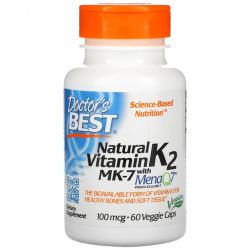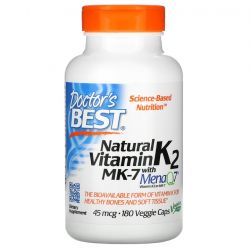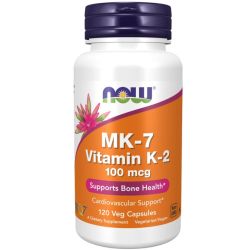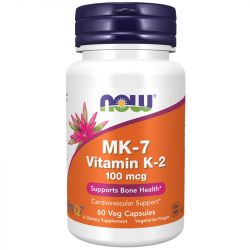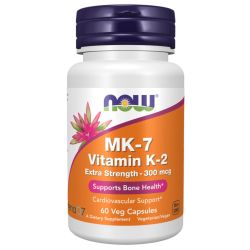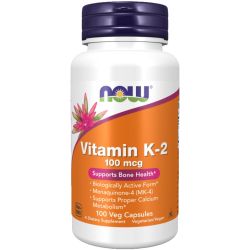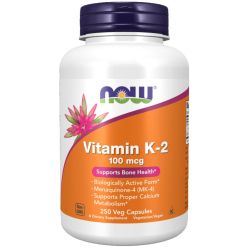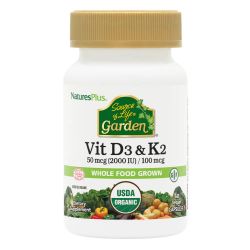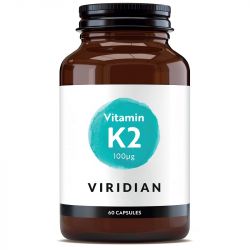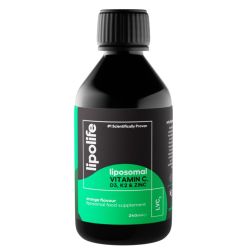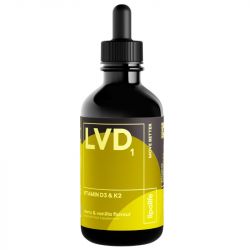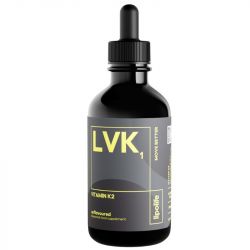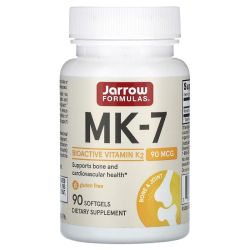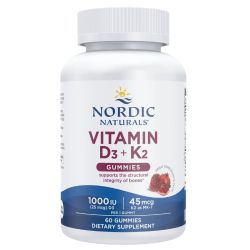Vitamin K Supplement: Buy Vitamin K2 & K1
Vitamin K has several important functions in the body, including maintaining bone health, blood clotting and healing wounds. Maintain optimum health with vitamin K supplements alongside a balanced, varied diet.
Find The Best Vitamin K Supplements
We offer only the best vitamin K supplements. This means high-quality supplements from trusted brands. You can find both vitamin K1 and vitamin K2 supplements in our range. Choose from vitamin K capsules, tablets or even an oral spray.
- Nature's Plus Source of Life Garden Vitamin D3 & K2 Capsules 60Special Price £21.20 Regular Price £26.50
Vitamin K Advice & Guidance
WHAT IS THE BEST VITAMIN K SUPPLEMENT?
If you aren't sure whether to choose a vitamin K tablet or a capsule from a brand you are unfamiliar with, look no further. These are some of the most popular and best vitamin K supplements in the UK:
- BetterYou Vitamin K2 Oral Spray 25ml
- HealthAid Vitamin K Complex & Vitamin D3 Tablets 30
- Viridian Vitamin K 50ug Veg Caps 30
- Lamberts Vitamin K2 90ug Capsules 60
- Solgar Vitamin K1 (Natural) 100ug Tablets 100
WHAT ARE THE SYMPTOMS OF LOW VITAMIN K?
The most common symptom of vitamin K deficiency is excessive bleeding, this can include bruising, from the nose or from a wound, as well as internal bleeding, which can appear as vomited blood. A GP will be able to diagnose the issue and may prescribe a vitamin K supplement if you think you may be deficient. If you are experiencing serious symptoms, such as excessive nose or wound bleeding, or you are vomiting blood, seek emergency help.
WHAT IS THE DIFFERENCE BETWEEN VITAMIN K1 AND K2?
Vitamin K2 absorbs into the body much better than Vitamin K1. The reason for this is because Vitamin K2 is a fat soluble vitamin and is, as a result, often found in fatty foods like egg yolks, fatty meats like sausages and cheese. Vitamin K1 is typically found from plant sources like spinach and broccoli.
The vast majority of Vitamin K that humans get naturally is in the Vitamin K1 form and this is why supplementing could be beneficial for some people, specifically with vitamin K2 supplements like Nature's Aid Vitamin K2 with Vitamin D3.
WHY IS VITAMIN K2 ALSO CALLED MENAQUINONE-7?
Menaquinone is the scientific name for Vitamin K2. There are a few different types of Vitamin K2 but Menaquinone-7 (or MK-7) has been found to be the most useful for people taking supplements. The reason MK-7 is preferred to, say, MK-4 is because it absorbs better and only needs to be taken once a day, whereas MK-4 supplementing would require multiple doses throughout the day to be as effective.
WHAT ROLE DOES VITAMIN K PLAY IN BONE HEALTH?
Vitamin K plays an important role in the health of bones. It is often found that people with higher levels of Vitamin K have a higher bone density whereas people with low levels of Vitamin K are more at risk of having osteoporosis.
Vitamin K works with calcium to help form new bones and so having good levels of Vitamin K is essential, particularly if you've recently suffered from a broken bone.
HOW CAN I INCREASE MY VITAMIN K INTAKE AS PART OF MY DIET?
Incorporating whole foods into your diet is a great way to increase your intake of vitamin K. Whole foods are foods that are minimally processed and as close to their natural state as possible. Examples of whole foods that are high in vitamin K include leafy greens such as kale, spinach, and collard greens, cruciferous vegetables like broccoli and Brussels sprouts, as well as herbs such as parsley and basil.

